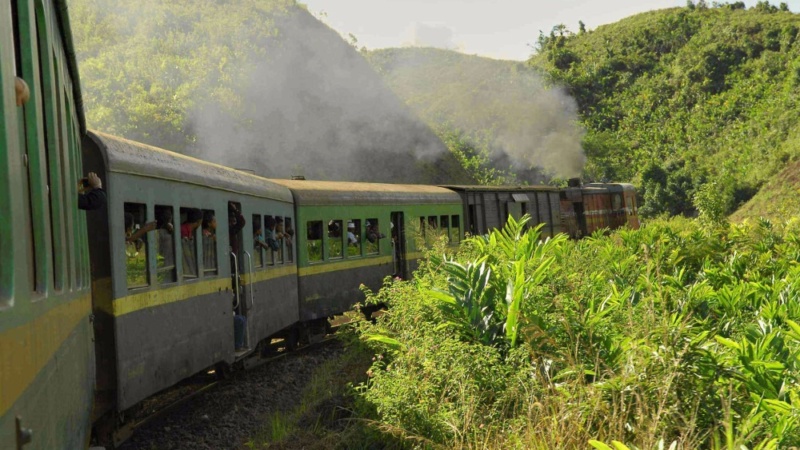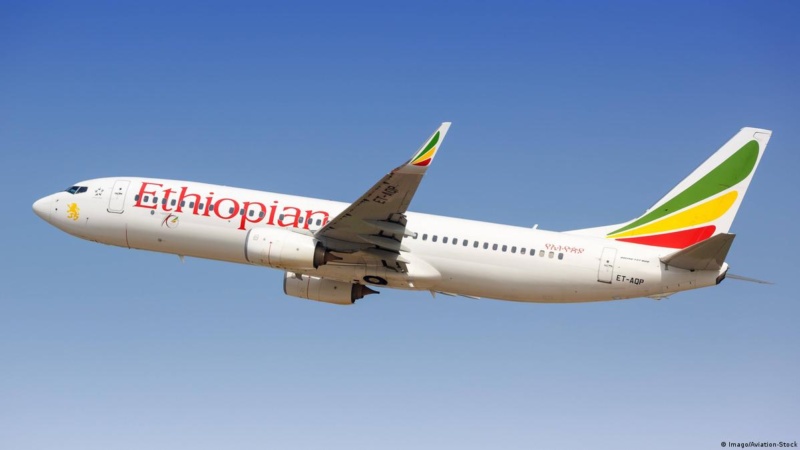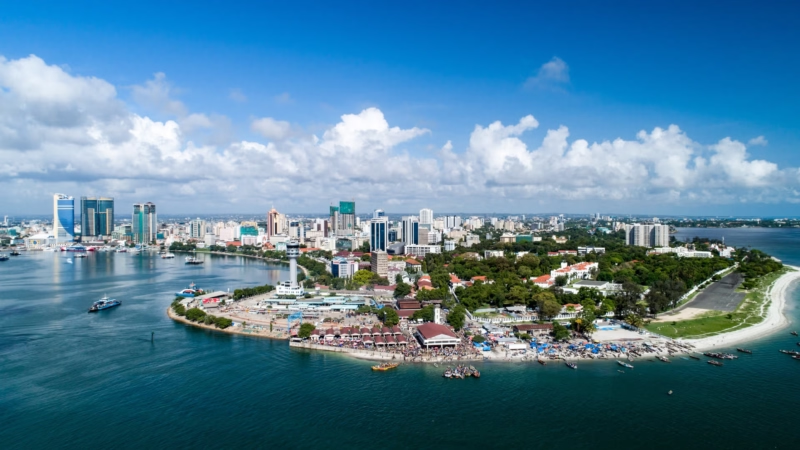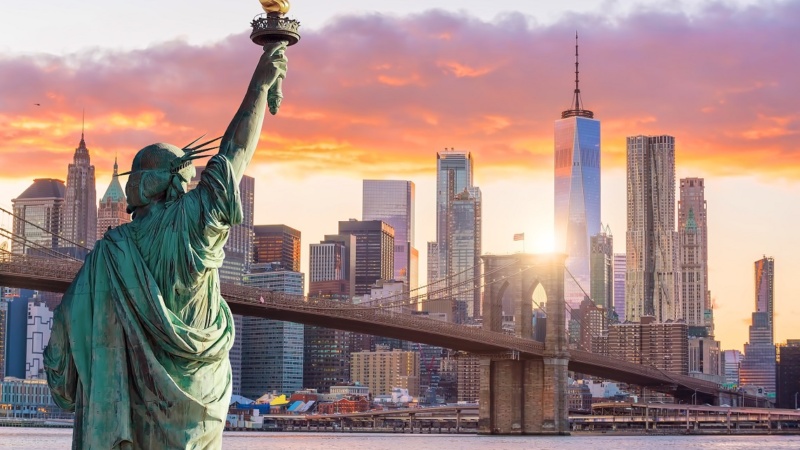Nigeria Bans International Travel for Government Officials
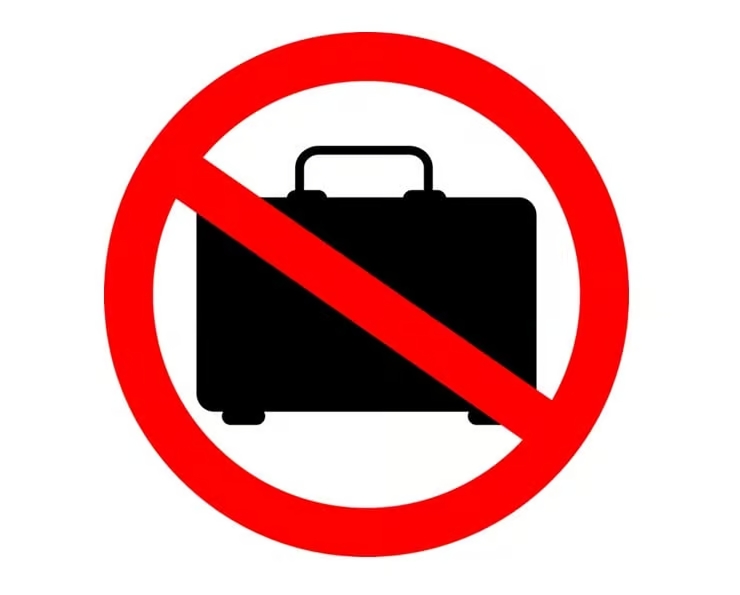
Nigerian president and his team have been heavily criticized for their frequent international travels.
The president of Nigeria has implemented a temporary suspension on government officials’ publicly-funded international travel in an attempt to reduce administrative expenses during a worsening cost of living crisis. This measure will be effective from April 1 for a duration of three months, as stated in a circular published by local media, according to Femi Gbajabiamila, Chief of Staff at the Presidency.
President Bola Tinubu‘s decision to modify travel expenses is driven by concerns over increasing costs and the necessity for cabinet members and heads of MDAs (Ministries, Departments and Agencies) to concentrate on their specific mandates for improved service delivery, the statement said.
Nigerian president and his team have been heavily criticized for their frequent international travels. For instance, last November, they sent more than 400 individuals to attend the COP28 climate conference in Dubai. Additionally, there has been significant public outrage concerning the accountant general department’s arrangement of a training program in the UK for finance commissioners from all 36 states of Nigeria, as well as other government officials.
According to local media, it has been reported that Tinubu has made over 15 trips abroad since taking office in May of last year. The president’s travel expenses, reportedly amounted to at least 3.4 billion naira ($2.2 million) for both domestic and international travel during the first six months of his administration. This exceeded the budget allocated for 2023 by 36%, as reported by GovSpend, a civic tech platform that monitors government expenditures.
Chief of staff Femi Gbajabiamila statied that implementing a temporary travel restriction would effectively reduce expenses during the prevailing economic difficulties while ensuring that administrative operations remain intact.
Starting next month, when the ban becomes effective, Nigerian government officials will be required to obtain the president’s approval at least two weeks prior to undertaking international trips that are considered absolutely necessary.
President Tinubu’s removal of the fuel subsidy in Africa’s most populous country has led to an increase in living and transportation expenses. This decision was part of budget deficit-reduction reforms. Additionally, the devaluation of the local currency, the naira, has resulted in higher costs for goods. As a result, there have been widespread street protests and nationwide strikes organized by labor unions. It is worth noting that the country is also grappling with the issue of terrorism.
Originally Published at ETURBONEWS



